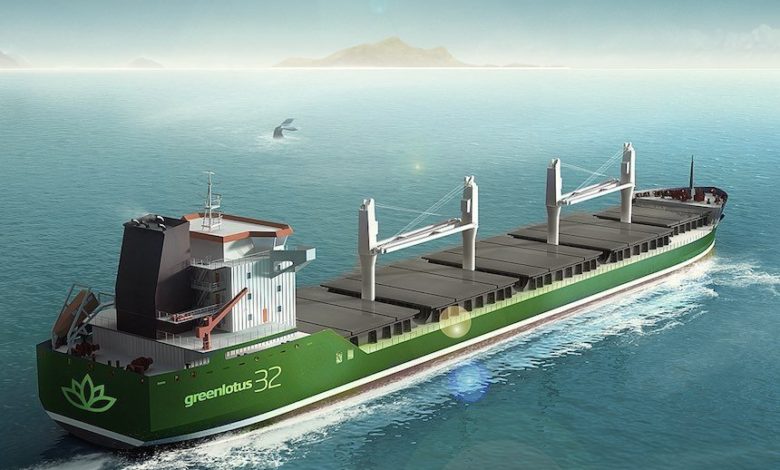The revolution will be digitised

Maurice Meehan, director of shipping operations at the Carbon War Room, writes exclusively for Splash today on future tech trends.
With the recent meeting of the IMO working group on GHG emissions, news out of COP23, and with GST North America coming up, the issue of shipping’s decarbonisation pathway is one of intense discussion right now. However, although there have been many column inches given over to how much emissions should be reduced by and when, there has been little consideration given to how we get there and what is possible with current technologies and fuels.
Put simply, the current rate of innovation and uptake of new tech and fuels will not enable a 70% reduction in total emissions by 2050 (based on a 2008 baseline) which is what is needed for shipping to play its part in holding global temperatures ‘well-below 2°C context’ as set forth by the Paris Agreement.
That does not mean that that goal is impossible. Indeed, a truly ambitious goal could fast-track innovation and the uptake of new technologies, including accelerating the industry’s digitalisation. What we must understand is what is blocking investment, how we can coordinate and make available essential data, and what future fuel infrastructure the industry will need.
The subject of fuels can be a tricky one, just look at the conversations about 2020-ready distillates or the drive for LNG. But in terms of decarbonisation the conclusion is clear – fossil fuel propulsion, including LNG, cannot be part of a decarbonised industry. By 2050 one or many low-carbon fuels like biofuels, hydrogen, solar, wind propulsion, batteries and the infrastructure to support them will need to be scaled and in place. It makes much more sense to invest time, efforts and resources into identifying and developing those now rather than scaling ‘transition fuels’.
Digital technologies such as blockchain, IoT and developments like advanced materials and fuel-saving hull forms and hardware for ships are an under discussed imperative if shipping is to achieve its medium- and long-term decarbonisation goals. But owners and operators are often wary of putting the little liquid capital they have into unproven concepts. Banks are unwilling to finance solutions without the data on ROI, and even if technologies are willing to finance their own testing – as some are – finding a shipowner willing to install unknown technology on its vessel is not guaranteed.
A good example of an idea that is marrying digital and decarbonisation to overcome market barriers is the once-dismissed Flettner rotor. This is making a commercial comeback because the technology companies, and their shipowner partners, have focused on quantifying, measuring and proving the benefits. Verified third-party data-collection and analysis have shown that Flettner rotor installation could deliver up to 12% savings. Transparency and trust in these metrics is key to scaling innovative technologies. Digital technologies like those used to verify Flettner rotor savings will be critical enablers of such transparency and so help other technologies break through the high-cost, low-income ‘Valley of Death’ (VoD), between proof of concept and commercial uptake.
Of course, data and transparency are only one part of the formula, to truly scale decarbonisation technologies we need to shift the wider market dynamics. Shipping must learn from other sectors that have embraced disruptive technologies and fuels. A combination of effective planning, awareness-raising, development of infrastructure, increased adoption, and getting capital behind promising solutions – both for R&D and market roll-out – is essential.
This is no small task. There is real need for industry-led groundbreaking leadership to support innovation and collaboration, and to accelerate the ideas that will transform the maritime industry from the inside-out.
The first stage of enabling this is driving effective conversations and decision-making. A space where technologies, fuel-developers, shipowners, financiers and ports can discover, develop, discuss and disrupt. We must enable the critical discussion and sharing of challenging ideas to first understand what will work for the industry, and then develop a game-changing technology investment road map leading us to 2050 and beyond.
The focus of all these developments should ultimately be a vibrant and profitable decarbonised industry, not simply meeting regulatory demands to curb the GHG emissions of the industry. This is the conversation we need to be having to ensure the decarbonised future of shipping.
